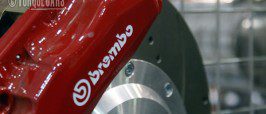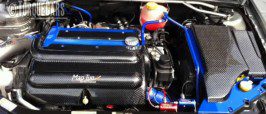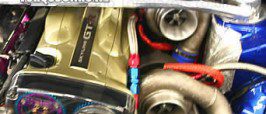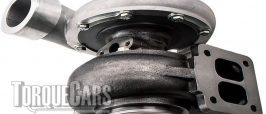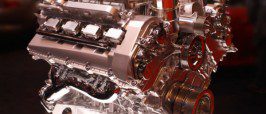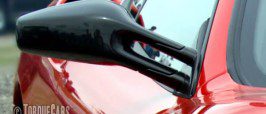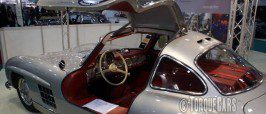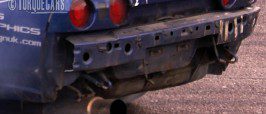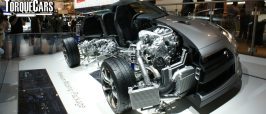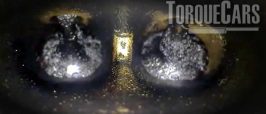Maybach Tuning Tips and Modifications
Maximise your Maybach’s driving pleasure
Thanks for visiting TorqueCars, we love Maybachs and see so many interesting Maybach projects.
If you are looking to build the ultimate Maybach then you came to the right place.
Our tuning tips and articles for the Maybach cover all the best mods and latest tuning methods to help you build a great modified Maybach.
With the help of our forum members, industry professionals and seasoned car modders we present a best practice guide to modding your Maybach.
Please join us in our forums, we love to hear what members are up to and it helps us spot trends so that we can ensure the site is always covering the latest and greatest tuning topics for Maybach owners.
Feel free to drop a tip or suggestion on the comments box at the bottom of each and every article, this feedback is greatly valued and helps us refine our articles.
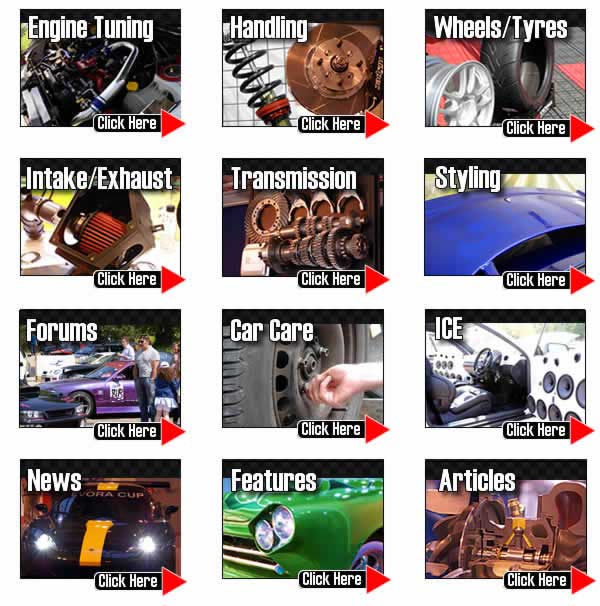

Being able to change gear as quickly as possible can make a big difference in time critical situations like drag racing and even track day racing.
The slowest component in any car is the driver and there is little that can be done to improve that. A quick shift kit will help to give you the competitive edge by enabling faster gear changes and allowing more ‘feel’ by reducing play.
Tuning for improved MPG
Tuning for economy. With the rising price of fuel one question TorqueCars frequently gets asked is how can a car be tuned for maximum economy. Short of getting the family to push the car everywhere there is a little that can be done to improve fuel economy.
Big valve kits – larger intake valves.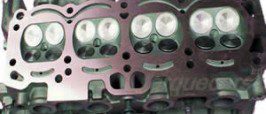
The heads primary job is the mixing of fuel and air and delivering this to the combustion chamber.
Any turbulence or drag can restrict the air flow into the engine starving you of power. So this TorqueCars article will focus on the intake valves and how they can be improved.
The aim of head tuning is both to maximise the amount of air and fuel that gets into the engine, and to improve the mixture.
Vents – adding performance with Bonnet vents.
Performance gains are possible with the addition of bonnet vents.
Warm air really does kill performance. This is due to the air intake temperatures being hot and air at high temperatures carries less oxygen.
When driving an engine hard the under bonnet temperatures quickly build up and the engine has no choice but to suck this air in reducing your power.

